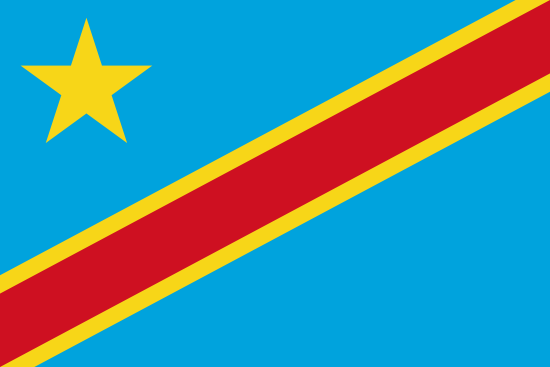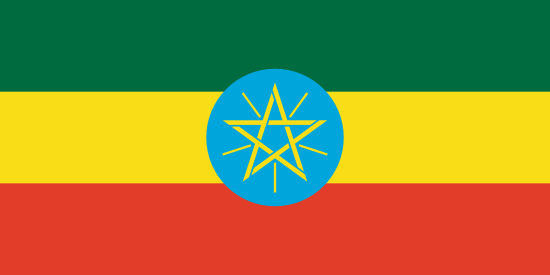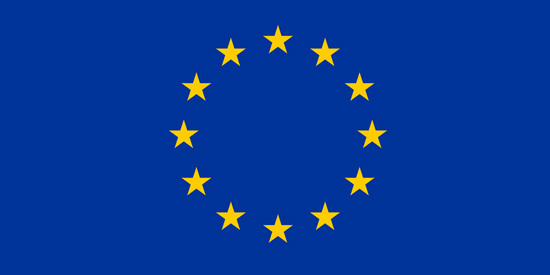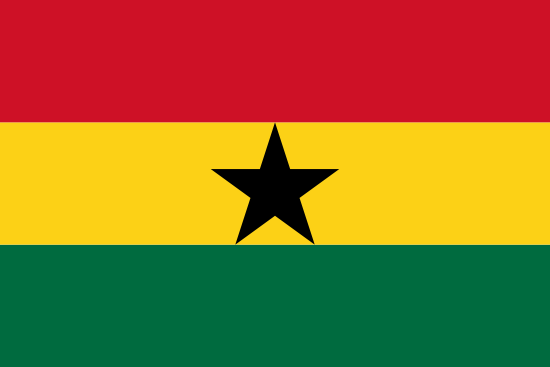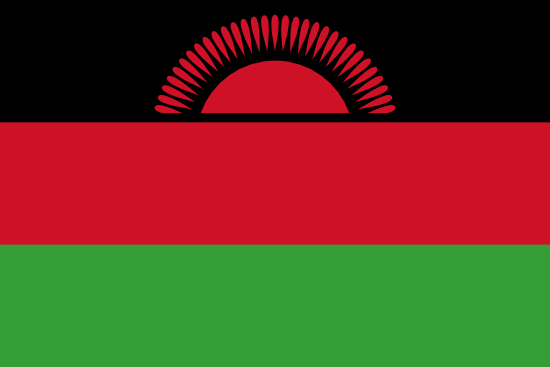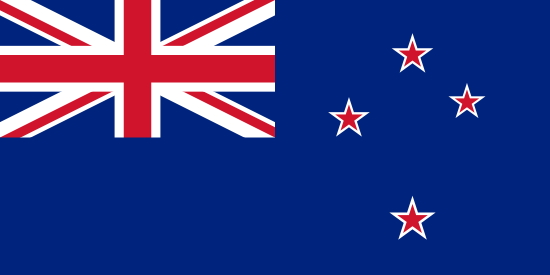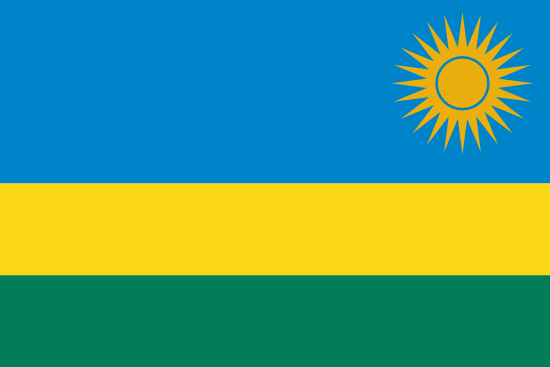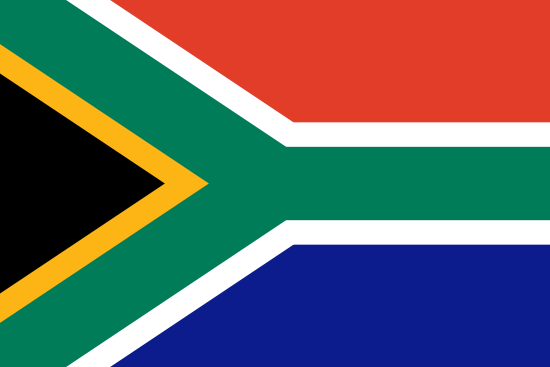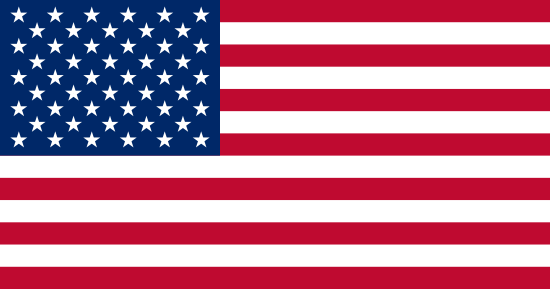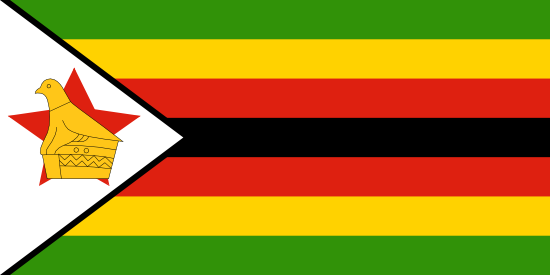“Whoever is generous to the poor lends to the Lord, and he will repay him for his deed” (Proverbs 19:17).
Through your recent gifts, you have shown God’s love in action amongst communities that are reliant on a hand-up in difficult times. Through you we were able to send emergency funds to each of our teams in Africa as a part of a local community led response to ensure sustainable approach to Covid-19 prevention. These funds were much needed as poverty-stricken communities were in urgent need of food and hygiene supplies as they continue to develop much needed vocational skills to support their families in a healthy way.
Below follows a short update of what you have helped make possible through the work of our various teams to address community needs during this crisis period.
AE DRC have worked hard to give hope through TV engagements, and distributing sanitation stations to 96 communities which included a bucket, soap, sanitiser and reusable facemasks and food hampers.
AE Ethiopia have given out 300 facemasks, food hampers and hygiene and sanitation products to date.
AE Ghana have distributed food to 5,000 families with the assistance of the women’s training project in Akropong, Akuapem and their successful Cassava plantation.
Our Soweto Kayole Clinic at AE Kenya has given medical assistance to 1252 patients so far. The team has also distributed 1345 food hampers and 700 facemasks. In addition to this, the team is working hard to give messages of hope and educating people through TV, radio and social media on COVID awareness and prevention. They have reached 6907 people through media engagements so far.
AE Malawi have distributed 110 facemasks and hygiene and sanitation items to families in need. The team has also donated blood which is such a great gesture during this time of need. They have reached 3000 households through media engagements and continue with training pastors and home based evangelism for their upcoming mission in September.
Initially AE Tanzania had challenges due to government regulations. They have only recently been authorised to start distributing food and other supplies. So far they have provided 3 schools with hand soap and buckets and they have also distributed sanitiser and facemasks to bus and boda (taxi) drivers.
AE Rwanda has been very blessed and very busy, distributing 23 560 food hampers, 1000 facemasks and 3200 hygiene and sanitation items. They have also been able to reach 98 000 people through media engagements.
The Ngezandla Zethu Sewing project run by AE South Africa are currently busy sewing 2500 reusable facemasks for distribution. The AE team have also given out 4956 hampers with food and hygiene and sanitation products. They have distributed 300 facemasks so far and have reached 68 000 people through media engagements.
AE Zambia distributed water buckets, soap and hand sanitiser to a local school and have also given out 300 facemasks in Kaunda Square.
AE Zimbabwe have distributed 150 facemasks and 5000 hygiene and sanitation items. They have also given out food hampers and sanitation items to people with albinism who were in dire need of such provisions.
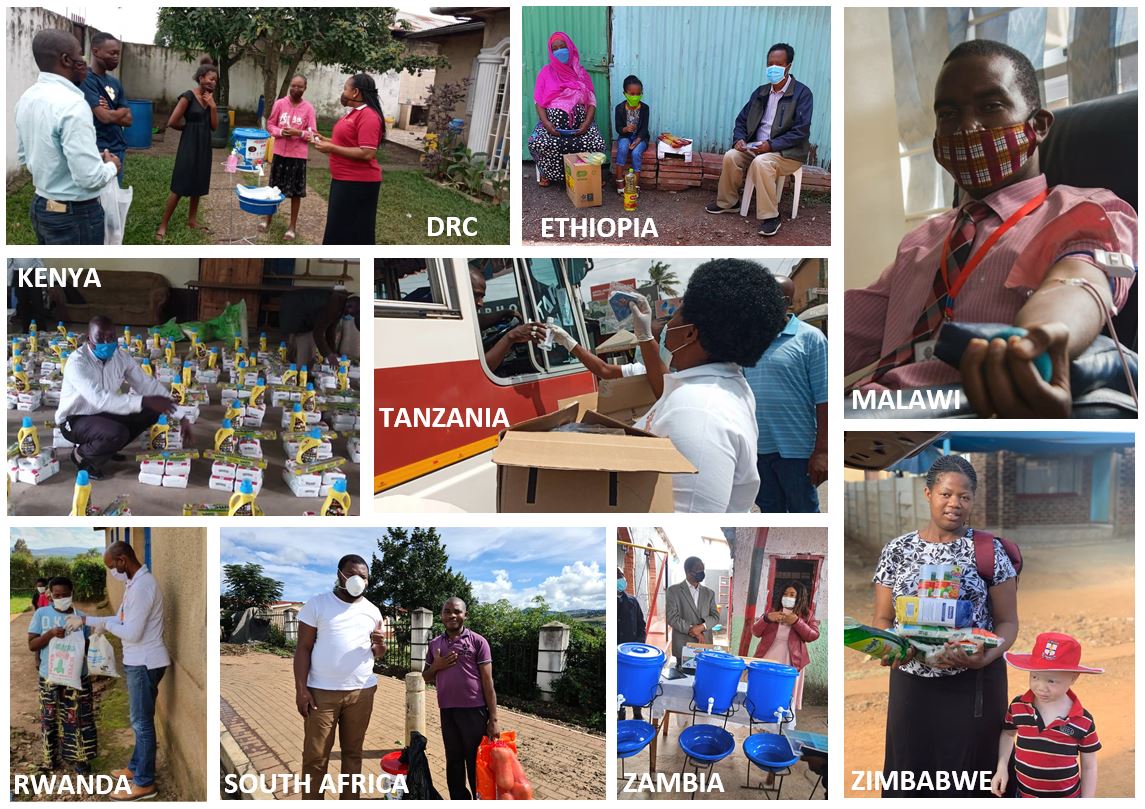
Thank you for partnering with us to help those in need in Africa and show the love of Jesus in word and deed. Please continue to pray for our teams as they carefully and faithfully serve in their communities in the desperate time of need. Our teams in Africa are so grateful for your love and support.
Since the ‘waging of the ‘war’ against the spread of COVID-19 , the directive to wear a face mask has been of primary importance, along with sanitising and washing hands with soap.
It is the clarion call of every world leaders’ address on this pandemic in the bid to curb the infection rate, and the mask has fast become an integral part of our daily apparel.
Amidst the chaos and anxiety, human industry and ingenuity has found expression in producing face masks of a variety of colours and designs, branded for advertising and ‘blinged’ for fashion. Who can question our commitment to stay safe and look good whilst doing it?
Sadly though it remains the most vulnerable who are in desperate want of such an important and basic need.
Ever aware of the plight of the impoverished, and with our supporters help, AESA has endeavoured to address this need since lockdown commenced by distributing handmade face masks together with food parcels. These masks were made and donated by local supporters and AE SA’s Ngezandla Zethu Sewing Project.
AE SA would like to thank AE Australia for partnering in providing funding for a special project where students of the Ngezandla Zethu Sewing Project will produce and distribute over 2500 face masks, free of charge, to the most needy in our community. All praise be to God!
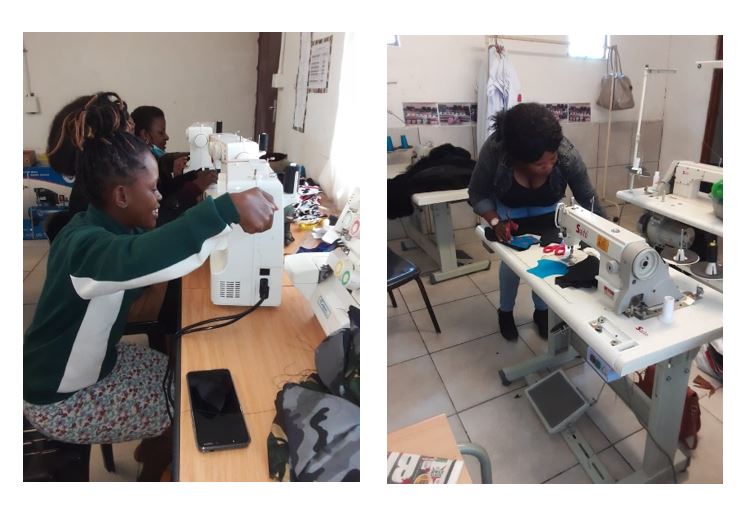
Our students (pictured) are working hard , and have already produced 460 face masks in just four days!
We are so thankful to our donors and the students of the Sewing Project for their unwavering commitment to assist us in addressing this need. The fight to keep the most vulnerable safe is, however, on-going, and so as we rally together to reach out, we appeal to you for your continued assistance.
God is our shelter and strong tower…stay safe and be blessed!
Please pray
- For AE South Africa’s leadership as they lead the country through this difficult time.
- The well-being, health and discernment of front line medical practitioners as they mobilise for the outbreak
- That those who have lost family, jobs and security will find hope, refuge and strength in Christ.
- All team members of AE South Africa as they reach out with the Good News of Jesus through Word and Deed.
- Give thanks to the Lord for all those who are bringing glory to the name of Jesus through these difficult circumstances.
Written by Gavin John (Communications, AE South Africa)
COVID-19 pandemic has affected majority of countries in Africa. Confirmed cases of COVID-19 in Africa were 189,559 as of 8 June up from 51,000 a month ago. The numbers are growing fast. A new report by the Partnership for Evidence Based Response to COVID-19 (PERC) revealed some worrying findings about the impact of coronavirus on the lives of many Africans. Half of respondents to the survey, conducted in 28 African cities, said they would run out of money if they had to stay home for 14 days. The lowest-income households expected to run out of food and money in less than a week. African Enterprise is privileged to being in the forefront in responding to this global crisis. With the help from our supporters, African Enterprise is implementing COVID-19 programs in 11 African countries through five key areas of intervention:
- Distribution and selling of face masks made by AE tailoring projects in South Africa, Malawi and Kenya. The masks are being made by ladies who are trainees in those projects. This gives the trainees an opportunity to earn their livelihood during this crisis when jobs and incomes have been severely affected. Zimbabwe and Zambia are beginning to venture into making and distribution of face masks.
- Food distribution is happening currently in South Africa and Rwanda while Zimbabwe, Malawi, Uganda, Kenya and Ethiopia are now setting the ground for the same exercise. With food shortages as a result of loss of livelihoods, this response is bridging the gap and transforming many households.
- Media engagement – Use of radio and TV broadcasts in educating communities on COVID-19 and bringing a message of hope is currently taking place in DRC, South Africa, Uganda, Malawi and Rwanda. Teams are seizing opportunities of media presence and leveraging on those opportunities to provide the much sought after education to masses through the conventional media in addition to social media.
- Hygiene and Sanitation – Kenya has engaged in training on sanitation in informal settlements within Nairobi. DRC, Ghana, Uganda, Malawi and Tanzania are all set to kick off training of communities in hygiene and sanitation related topics as well as distribution of protective and sanitation products to aid in putting into practice what they learn.
- Medical services – AE is involved in first line response through her existing medical healthcare facilities in Kenya and Uganda.
In addition to the five intervention areas, teams are encouraged to embrace the following for maximum impact:
- Local partnerships: While the teams have received funding from AE supporters through the support offices, they are encouraged to seek local partnerships and local fund raising for continuity of the work. South Africa, Rwanda and Kenya are good examples that this achievable.
- Trauma Counseling: AE has invested in training majority of Team Leaders, mission and social action directors in trauma counseling. They are seeking to optimize on these skills during this season to reach out to many people who are traumatized by the pandemic in one way or another.
- Beneficiaries: With increasing needs coupled with limited resources, African Enterprise sticks to the rule of targeting and prioritizing the most vulnerable in her responses.
Written by AE Social Action Director, Janet Mwendwa
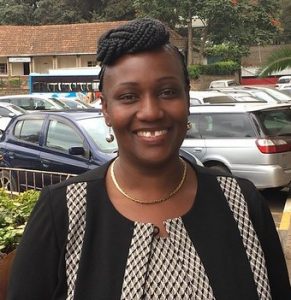
AEE Rwanda is deeply grateful to the support offered during the COVID- 19 pandemic lockdown. The support came as a rescue operation, and without it, the families that were served would have suffered greatly during the lockdown.
The support that was received covered 258 families (1,598 persons) which were in dire need.
They were able to distribute 20kg of rice, 10kg of beans and facemasks to each family. This gift enabled these families to go through the lockdown period easier.
The story below of Gisele UWINEZA illustrates how food support was a great rescue to the families.
Gisele Uwineza is a 28 year old Christian woman, who has 3 children. Before the COVID-19 lockdown, Gisele did casual labor, which included going to people’s homes to wash clothes and working in their crop fields. When the government ordered all people to stay at home, Gisele could not get causal work anymore.
She inevitably stayed at home and she did not know how she could survive during the lockdown. The first 2 weeks of the lock down were very hard for her family, as she had no work and no money to buy food.
She occasionally received food from well-wishers and this enabled her and her family members to have at least 1 meal per day. Through the Grace of God, Gisele was selected to receive food support from AE. Just like the other members in her village, she received 20kg of rice, 10kg of beans and facemasks for herself and her children. This enabled her to survive during the lockdown, together with her children. Each morning she woke up with a heart full of deep gratitude to God and to the people that He used to supply her needs. She did not have to worry what she and her children would eat each day! By the time the total lockdown in Kigali was relaxed and she got casual labor again, she still had some food in the house.
Mere words are not enough for Gisele’s family members to express the deep gratitude in their hearts, for the immense support received, which enabled them to survive the lockdown! It is their prayer that the good Lord will bless everyone who became the hands of Jesus in their lives!
Featured Image – Gisele Receiving food support from one of the AEE staff (Albert)
Our global future is nothing like our past. The world is reeling as it wrestles to contain the novel coronavirus pandemic and the economic devastation that lies in its wake. What does this struggle look like for the continent with the world’s highest population growth rate, home to twenty percent of humanity? How will COVID-19 affect the continent where more than half of the world’s extreme poor reside?
Although every nation in Africa now has confirmed cases of the novel coronavirus, it is difficult to assess the current extent of COVID-19 across the continent. 44 African nations are currently able to conduct COVID-19 testing, whereas in February, only two were equipped to do so. However, testing rates are still grossly inadequate in many African nations and, in countries like Nigeria and Somalia, a surge in deaths has been noted despite only a small number of confirmed cases. In Tanzania, the national government is no longer releasing case data, despite the fact that the US Embassy has described a dire situation in which hospitals are overwhelmed and the risk of infection “extremely high”.
Prior to the onset of COVID-19, health systems in Africa were already struggling in the face of inadequate resources. In addition to a heavy burden of diseases such as HIV, TB and malaria, Sub-Saharan Africa has the world’s highest maternal and child mortality rates. Tragically, on account of overwhelmed health systems, the current crisis is likely to lead to a dramatic increase in all-cause mortality. There is some hope that Africa, with its median age of 19.7 years, might escape the COVID-19 death toll seen mostly amongst the elderly in other regions. However, underlying illnesses may predispose many in Africa to more severe COVID disease.
The African region is particularly vulnerable to political instability during this pandemic. Nations that were due for elections during 2020, are now faced with the potential for prolonged tenures or flawed ballots. Governments face mounting pressure from desperate and impoverished citizens. At least 40 African nations have implemented restrictions on movement, and for 20 of these nations, the timespan of these restrictions remains undefined. Slum-dwellers who live in crowded shacks without basic amenities, who derive their income from informal employment, are finding it difficult to heed these restrictions, and there have been reports of human rights violations by the authorities charged to enforce them.
In Africa, where over 400 million people live on less than US $1.90 per day, the economic effects of COVID-19 will be vastly different to those seen in wealthier nations. The United Nations’ World Food Programme has predicted that the number of people worldwide suffering from “acute hunger” may double this year. Most of those people live in Africa.
Worldwide, there is a cry for effective short-term aid to assist Africa during this crisis. A substantial aid injection is not only a moral imperative, but also serves the best interests of our global community. Although the vast sums of money required, will require substantial multilateral and bilateral funding, not-for–profit and faith-based organisations do play a unique role in Africa. These organisations are distinctive in terms of their involvement on grassroots level within communities, and they afford individuals like us the opportunity to contribute to global causes.
Might it be possible that our individualistic worldviews are being challenged by this pandemic that has affected us all? Perhaps, it may revive our sense of shared humanity, and the resolve to offer our unique contributions to a world in need. In the words of Rebecca Solnit,
“the proximity of death in shared calamity makes many people more urgently alive, less attached to the small things in life and more committed to the big ones…”
For those of us who have laid claim to faith, there is no greater cause for which we could live, than the love of Christ, outworked in our love for humanity.
Before the onset of the novel coronavirus pandemic, ordinary life was already a struggle for millions across the continent of Africa. Although COVID-19 is yet to hit Africa in full force, inadequate health systems are expected to render nations defenseless against the virus. Meanwhile, these nations, which were already wrestling immense poverty, are now groaning under the economic impacts of attempts to curb the spread.
For the past 59 years, African Enterprise has been sharing the hope of Christ with the cities of Africa. In partnership with the local church, AE aims to reach every sphere of society with Christ’s love. Our team, based in 11 nations across the continent, is determined to demonstrate His love in the face of the current pandemic.
Believing that “the Gospel of Jesus Christ is needed now more than ever”, our team has developed a model of Home Based Evangelism which will continue despite current restrictions on public gatherings. The HBE strategy utilises television and radio broadcasts, along with home facilitators, to assist with follow-up of new believers.
In addition to our ongoing mission work, our national teams have developed tailor-made social action responses to the current crisis. These responses include basic food parcels for families who have lost their income due to government-sanctioned lockdowns, and the provision of hygiene and sanitation products to individuals at risk. Our teams are also providing community members with COVID education via pamphlets and radio broadcasts, and several of our vocational training centres have begun producing and distributing reusable face masks.
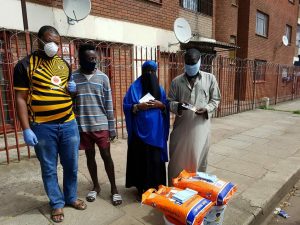
There remains much work to be done, however. This pandemic reminds us of our own mortality. May it also remind us to truly live, by laying down our lives for our neighbours, and for those who share our common humanity, across the globe.



